
Can Palestinians expect changes after ICJ ruling on Israel’s occupation?
Al JazeeraThe ICJ’s ruling that the occupation of Palestinian territory is unlawful is a sign of increasing Israeli isolation. Hassan Ben Imran, a Law for Palestine board member, argues that – with the UN Security Council “compromised and paralysed” as a result of US veto power – the General Assembly should take the lead. The UN General Assembly may initiate this line of action.” Omar H Rahman, a fellow at the Middle East Council on Global Affairs, told Al Jazeera that the ICJ’s ruling “provides the Palestinians and their supporters a potentially powerful tool for mobilising the international community to pressure Israel”. “In doing so, it lays out facts and conclusions that can then be used by diplomats in their negotiations, that can be leveraged by states in their bilateral relations, that can be reported on and used by journalists covering the issue, and that can be used by lawyers and advocates in additional litigation and civil society work.” El-Sadany added that the ICJ’s confirmation that it considered Gaza to be part of the Israeli-occupied Palestinian territories may impact the separate genocide case, as occupying powers have “obligations and duties” to the people who live on land they occupy. “Even some of Israel’s closest allies, including the US, have recognised parts of the advisory opinion, particularly on the illegality of the settlement policy,” said El-Sadany.
History of this topic

Welby: Ending Israel’s occupation of Palestinian territories ‘legal necessity’
The Independent
What ICJ Ruling On Israel’s Occupation Of Palestinian Territories Means, What Are Its Implications?
News 18International Court of Justice rules Israel's presence in occupied Palestinian territories is illegal and should end
ABC
ICJ says Israel’s occupation of Palestinian territories is illegal
The Independent
ICJ says Israel’s presence in Palestinian territory is unlawful
Al Jazeera
Palestinians urge world to end Israel’s illegal occupation after ICJ ruling
Al Jazeera
Eye on the Middle East | The case 52 states made against Israel before the ICJ
Hindustan Times
What’s the ICJ case against Israel’s illegal occupation of Palestine?
Al Jazeera
Palestine demands end to Israeli occupation at ICJ hearing
Al Jazeera
One week after ICJ ruling, is Israel following the court’s orders?
Al Jazeera
What the ICJ’s interim ruling means for Israel’s war on Gaza
Al Jazeera
Does Israel's treatment of Palestinians rise to the level of apartheid?
LA TimesDiscover Related

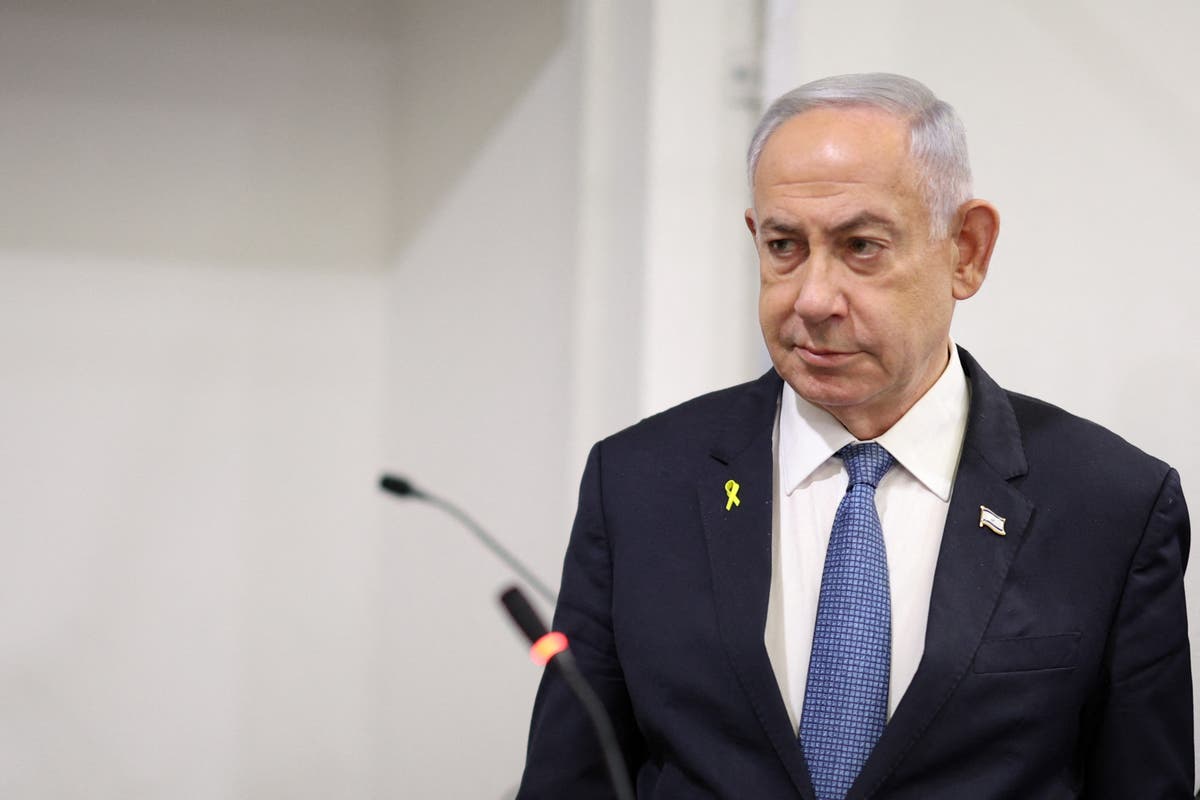


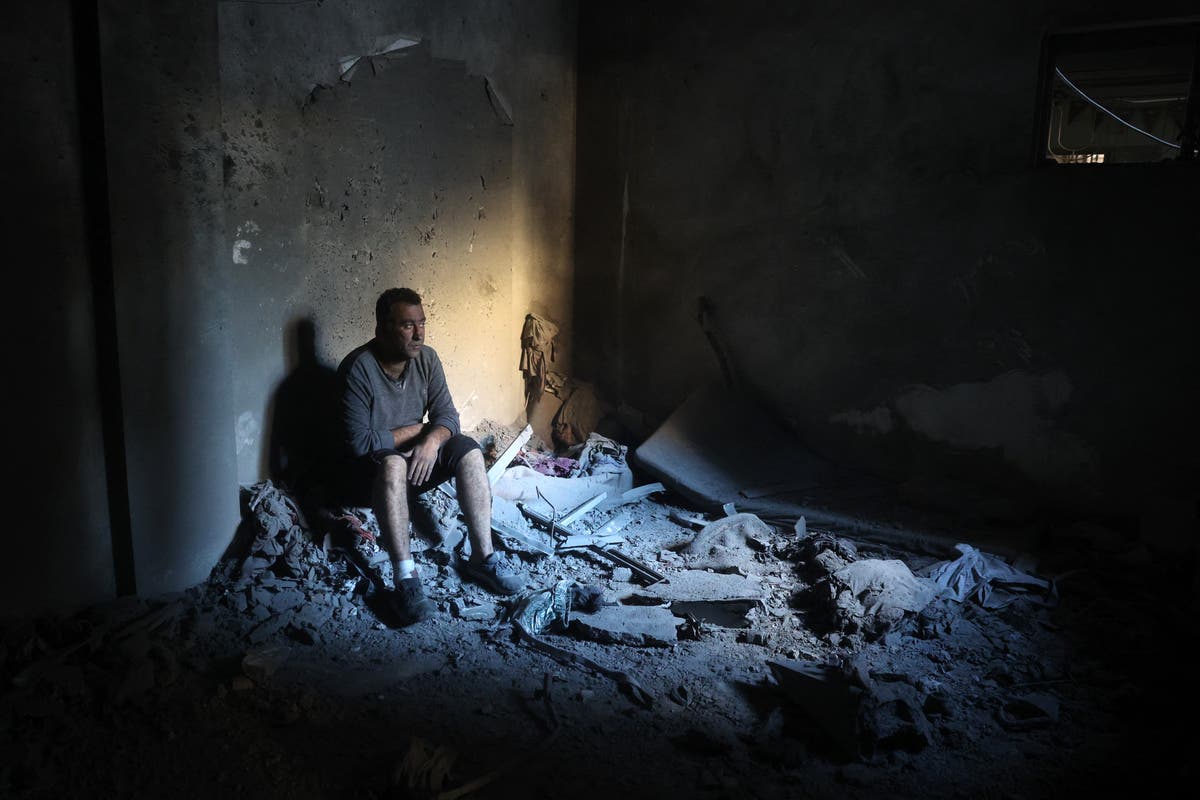




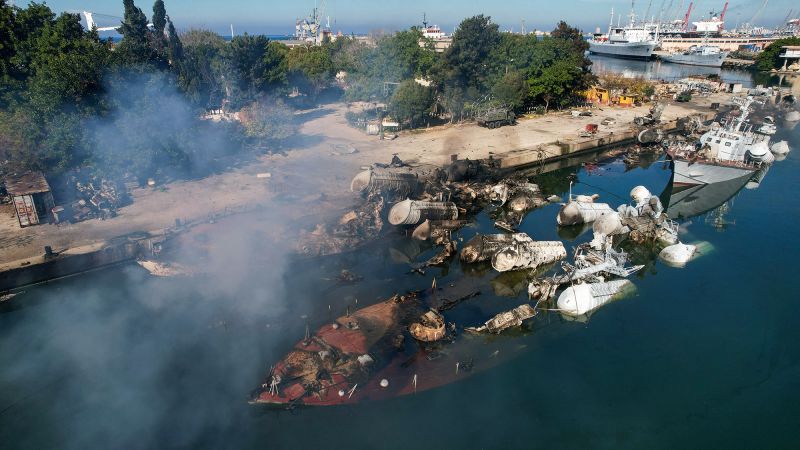




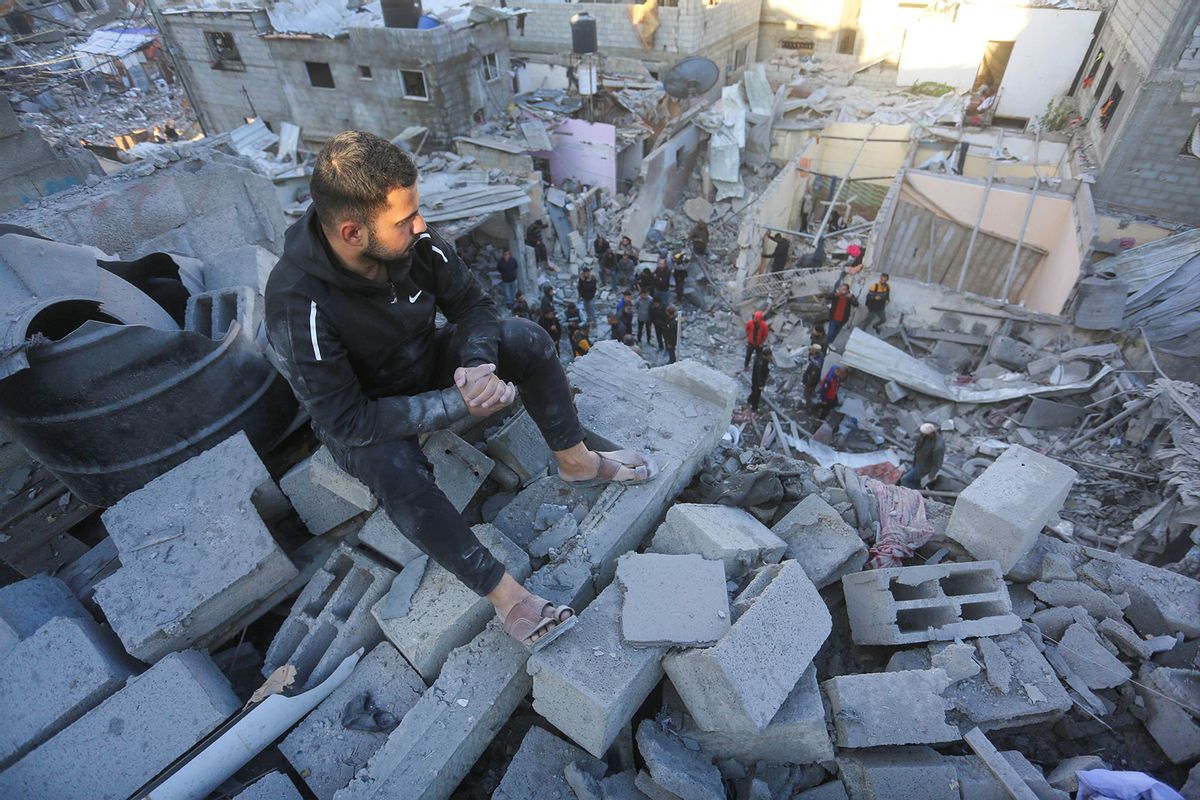

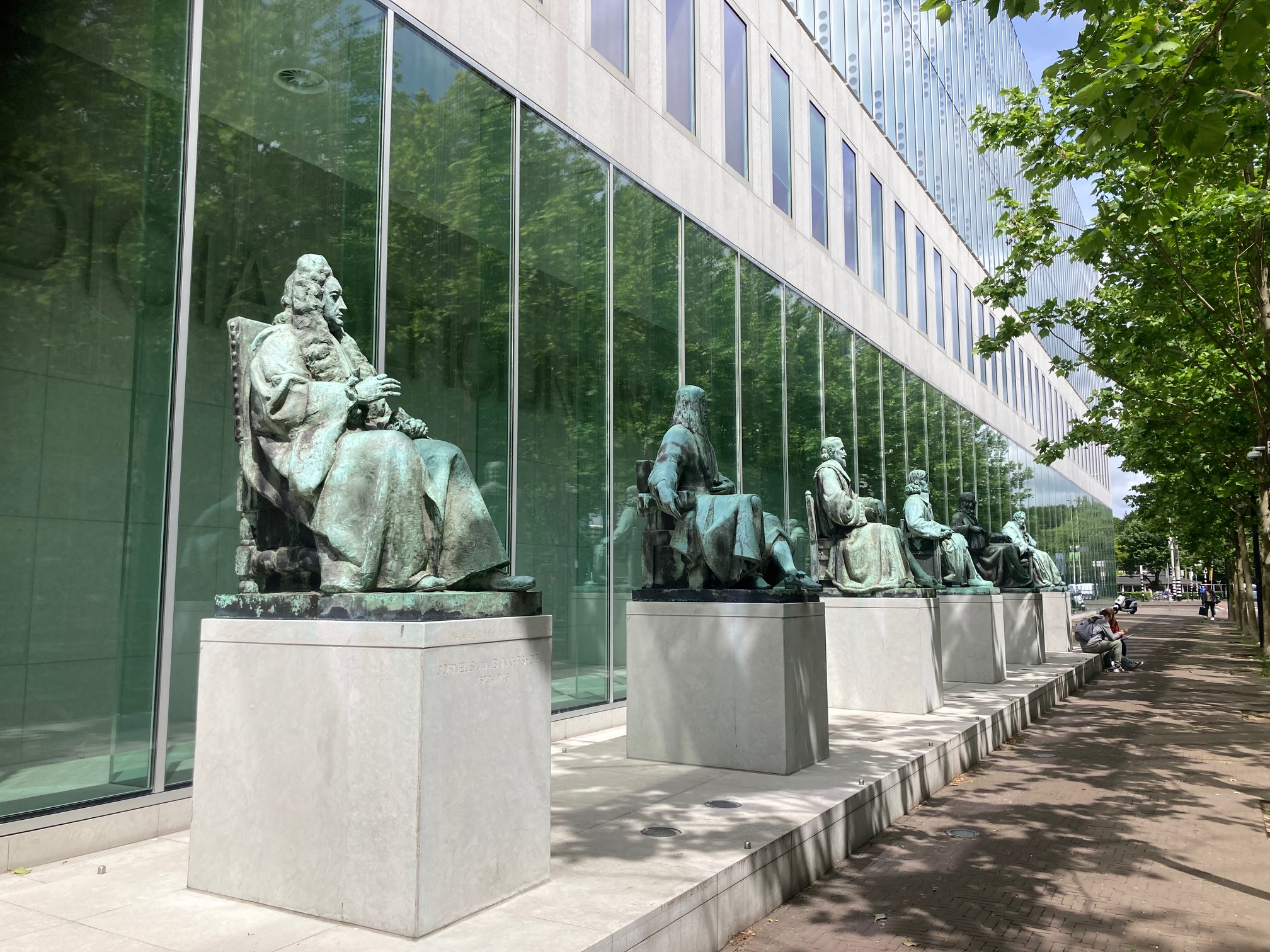

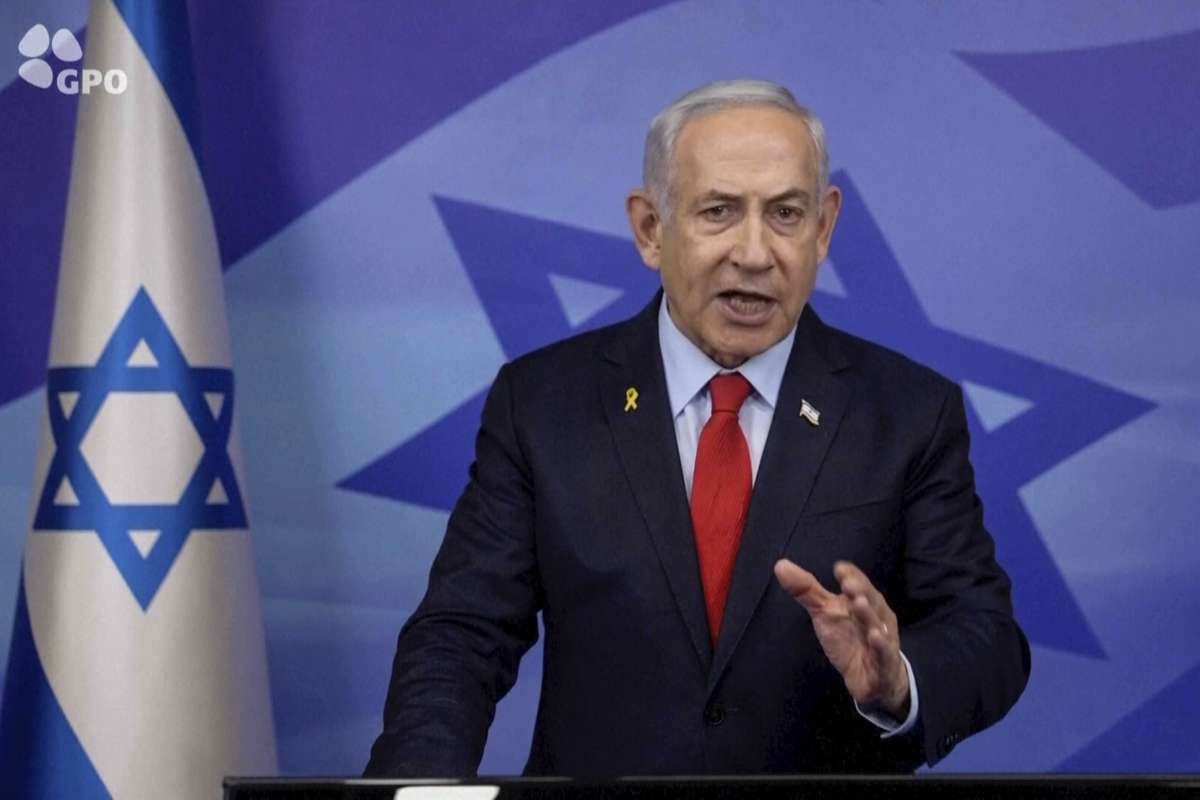

)
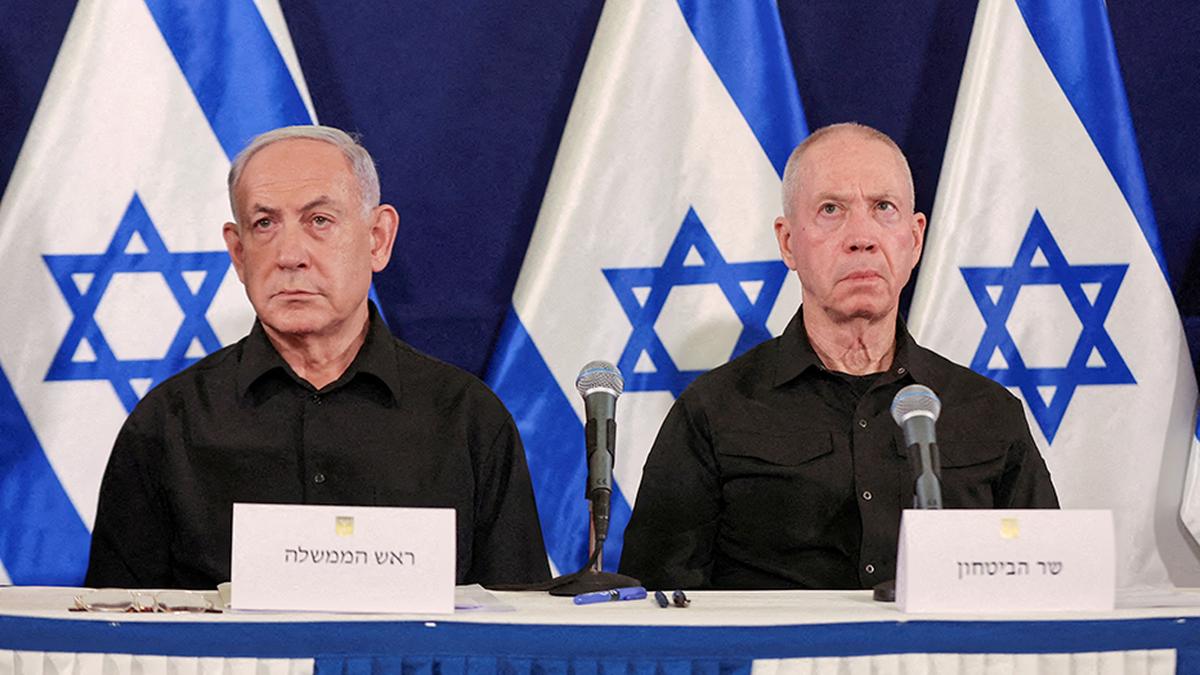






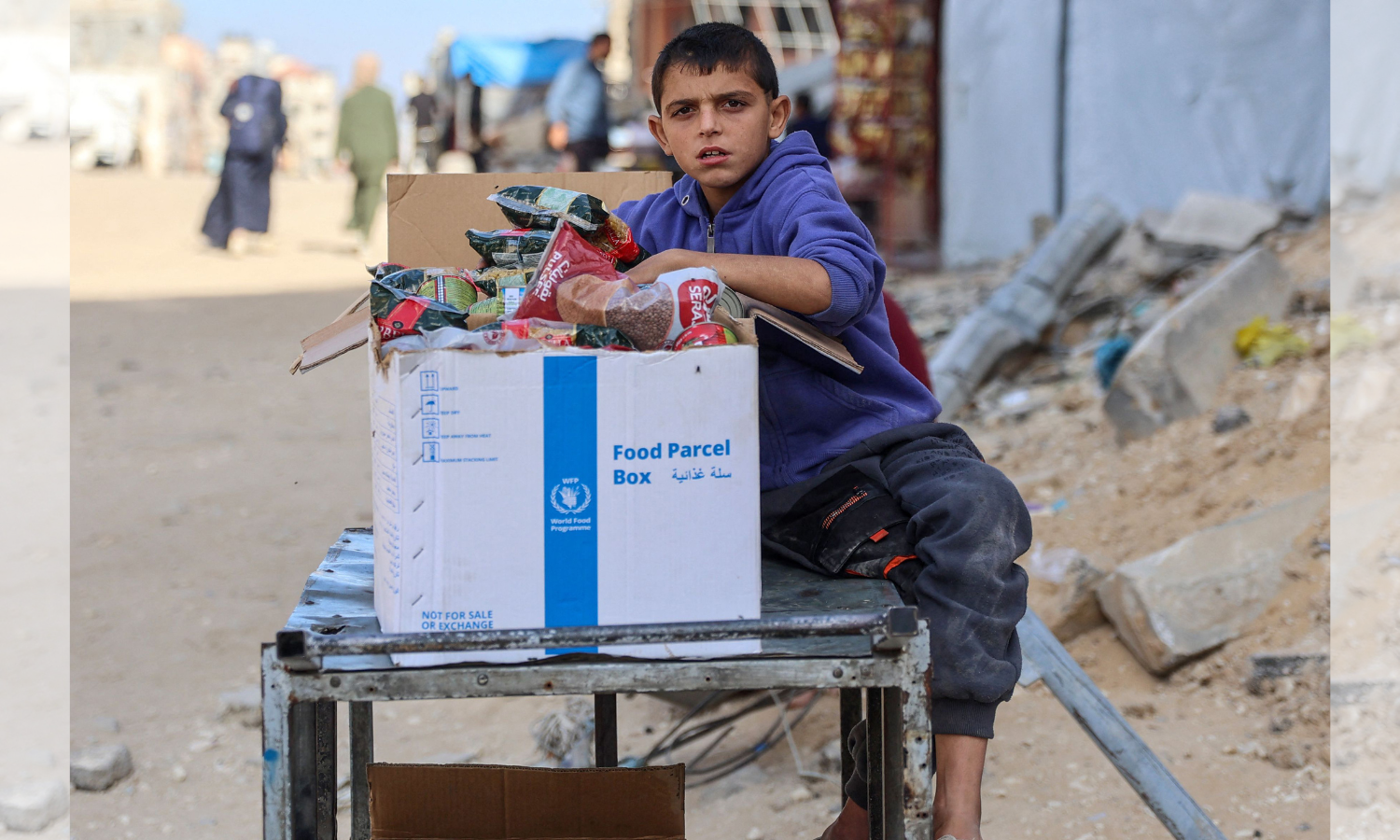

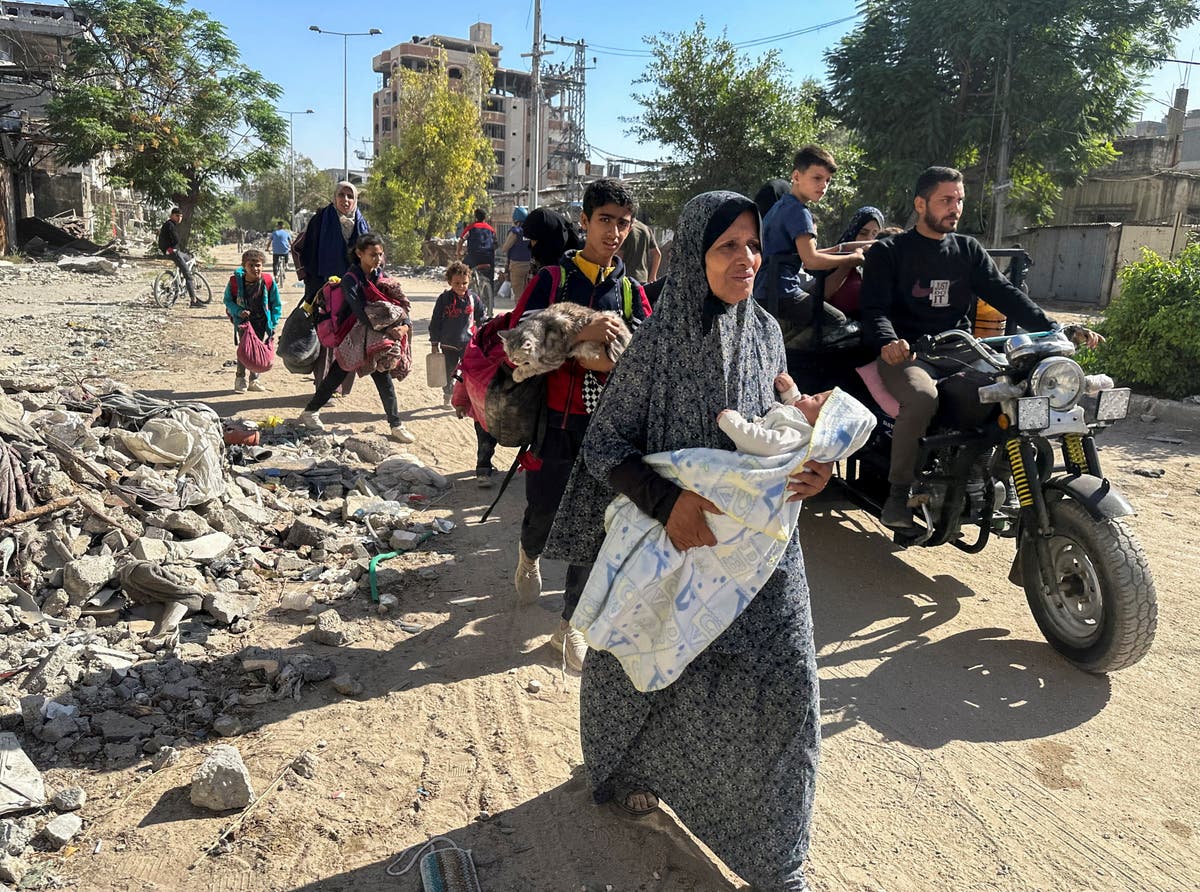





)
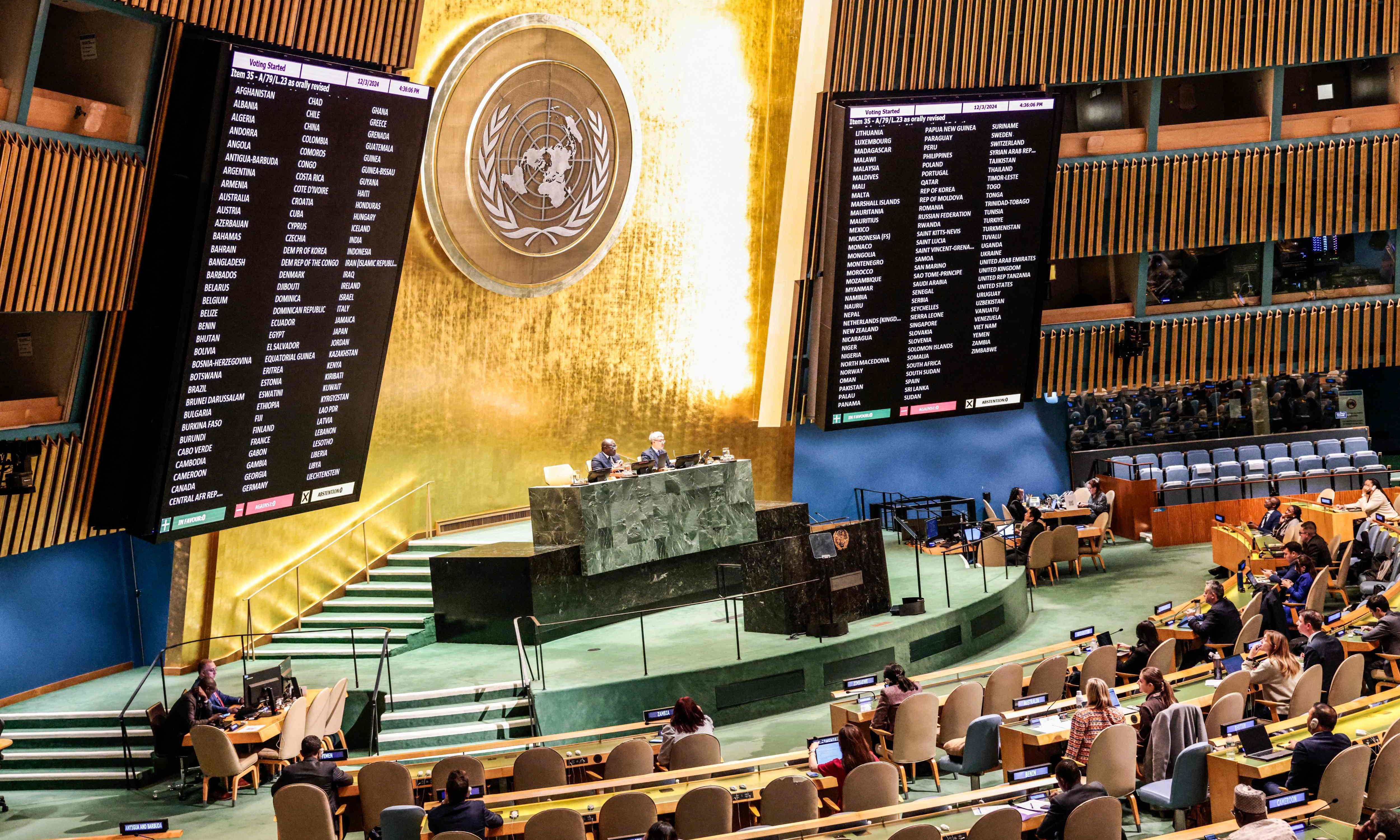
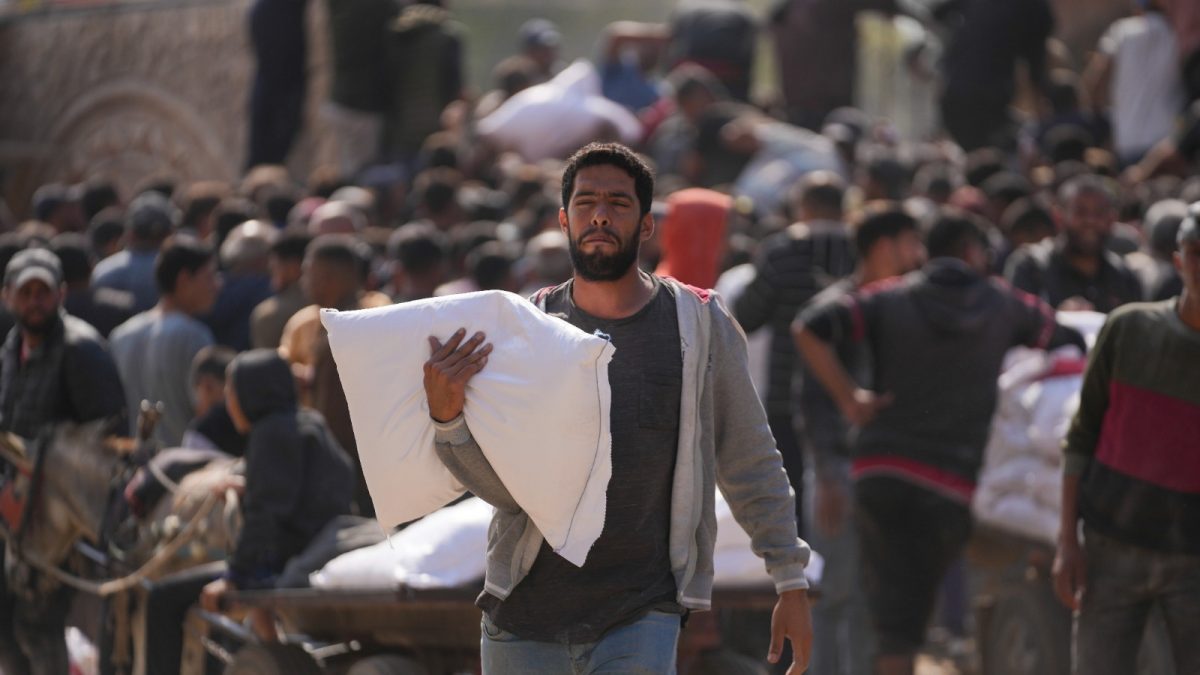)



